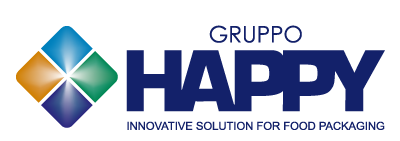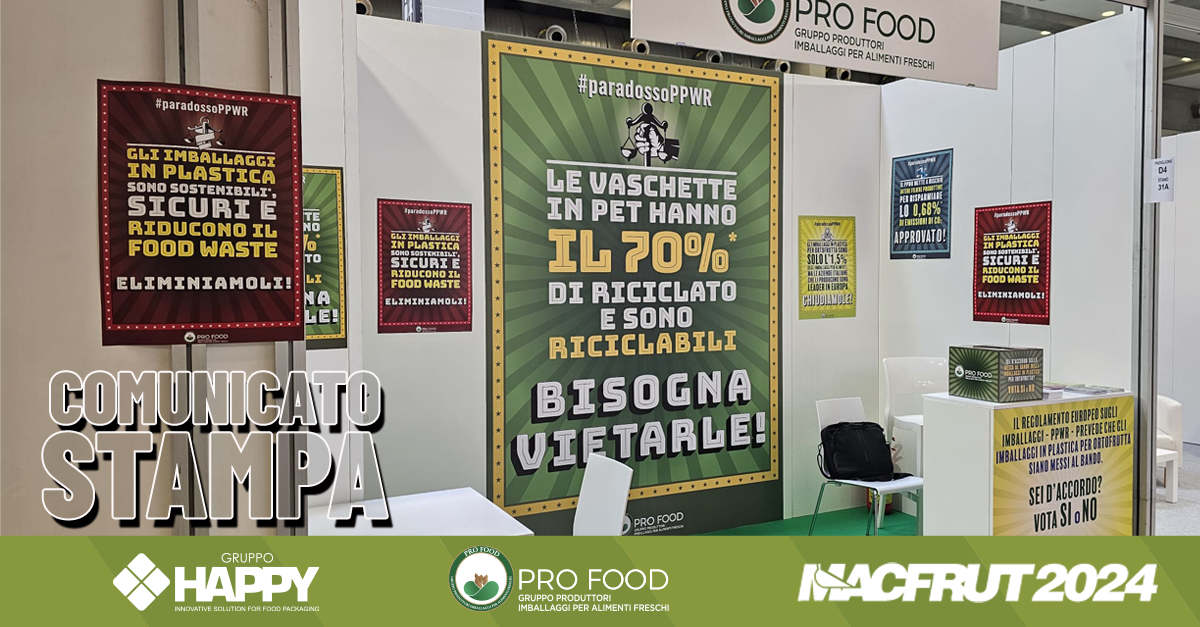Last days’s headlines following the vote in the European Parliament’s environment committee on the proposal for a regulation on packaging and packaging waste (PPWR), wrongly spoke of a clear victory for the green ideology with regard to packaging.
In reality, this is only one step, albeit an important one, in the complex legislative path of this proposal.
The truth is that on key passages such asArticle 22 on the banning of entire categories of packaging for fruit and vegetables and horeca, and Article 26 on reuse obligations in the informal-eating-out sector, the margin of votes in favour was very small, with a majority of just 4 votes out of a total of 84.
This shows a strong split within the environment committee itself.
“This split”, says Mauro Salini, President of Pro Food “is perhaps caused by the fears that are emerging regarding the enormous repercussions that these rules would have on the distribution systems of fruit and vegetables, on foodservice operations, on the consumption needs dictated by modern life, and on democratic access to safe food”.
Even on the fundamental aspect of the overall environmental impact of this measure, there are no real certainties, not even from those who proposed the regulation: proof of this is that the European Commission asked the JRC research centre, which is not a third party but an emanation of the Commission itself, to carry out in-depth studies.
And these investigations are far from complete.
The game now shifts to the plenary assembly, where it is essential that the ideological approach gives way to greater attention to the real needs of European citizens, in respect of a sustainability that is not only environmental, but also economic and social.
In the legislative process, the Council of the European Union, in which the national governments have a voice, still has to express itself.
„The hope,“ continues Mauro Salini, „is that at this stage,MEPs will be more attentive and responsible, to protect not only plastic packaging, which in Europe is now properly produced, used and recovered, but also and above all the quality and value of products such as fruit and vegetables, the efficiency and cost effectiveness of modern foodservice operations, consumer safety and, last but not least, the protection of thousands of jobs”.
Pro Food is the producer group within Unionplast – Federazione Gomma Plastica, created in 2019, which brings together Italian companies producing plastic packaging for the distribution and consumption of food and beverage.
The member companies of ProFood employ about 4,500 people in 29 production sites in Italy and abroad, generate a turnover of €1.5 billion and represent over 70% of Italian production in the sector (EPD packaging).
ProFood’s main objective is to improve – and if possible increase – the overall sustainability of plastic food and drink packaging at all stages of its life cycle. The vision that unites our companies is that of a world in which plastic is an ally of man and the environment, a world that is possible.
Pro Food : Association of Fresh Food Packaging Manufacturers . c/o Federazione Gomma Plastica – Unionplast. Via San Vittore 36, Milan. Visit the Pro Food website. Follow Pro Food on Linkedin.
















